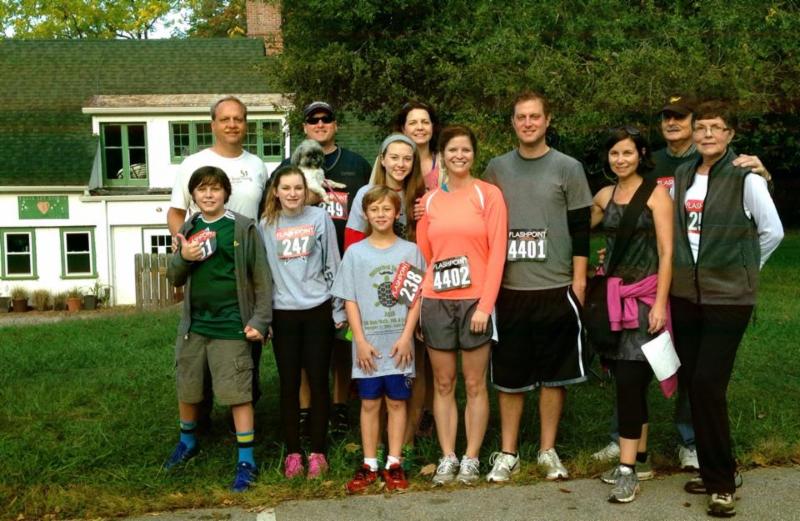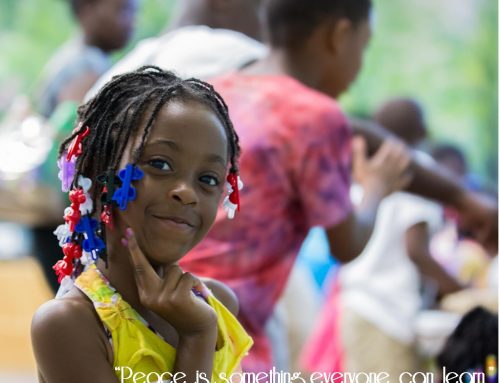Three Steps to Peace
At the core, Restorative Practices are about building and sustaining positive relationships and community. This is why family relationships can benefit tremendously by implementing components of Restorative Practices.
Much of what I’ve learned about peace comes from my family, who’ve helped me instill a sense of love and belonging in my heart.
Family is a funny thing when you think about it. You would not know many of the people in your extended family if you were not related to them. You probably would not work with them, nor live in the same neighborhood, but there’s something that ties us all together.
It is sad when families break apart because two or more people cannot work out their differences. Practicing peace skills can help and there are great lessons for families in our peacemaking curriculum that is based on Restorative Practices.
Let’s explore three simple concepts:
- Attack the problem not the person. Imagine if we focused on the problem rather than blaming and shaming others when we sense a wrong has happened.
- Ask questions before making assumptions about other people’s intentions.How many times do we get into disagreements and walk away rather than resolving things? Many times we feel uncomfortable and make assumptions about the other person’s intentions for a perceived slight or act of disrespect.What about asking questions in the moment when we feel uncomfortable or feel as if we are being attacked. Questions like,”Is there a problem?” or “Did I do something to offend you?” Putting attention back on ourselves and talking about our emotions helps the other person have room to explain their point of view.
- Don’t go to bed until you’ve worked out problems with your family member(s). Do you want to go to sleep at night? It’s important to talk things outrather than letting them linger and not addressing them. It takes time and energy to make peace, but if you are honest with yourself and with your family members, and act in a timely manner rather than having doubt and fear the issue will be resolved.
Work for peace in your family and with your friends and coworkers. Peace doesn’t start until someone takes initiative.
This post was written by Tim Nation, Executive Director and Co-founder of Peace Learning Center.

Tim Nation, executive director of PLC, with his immediate and extended family.
